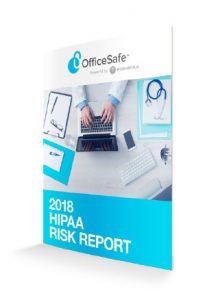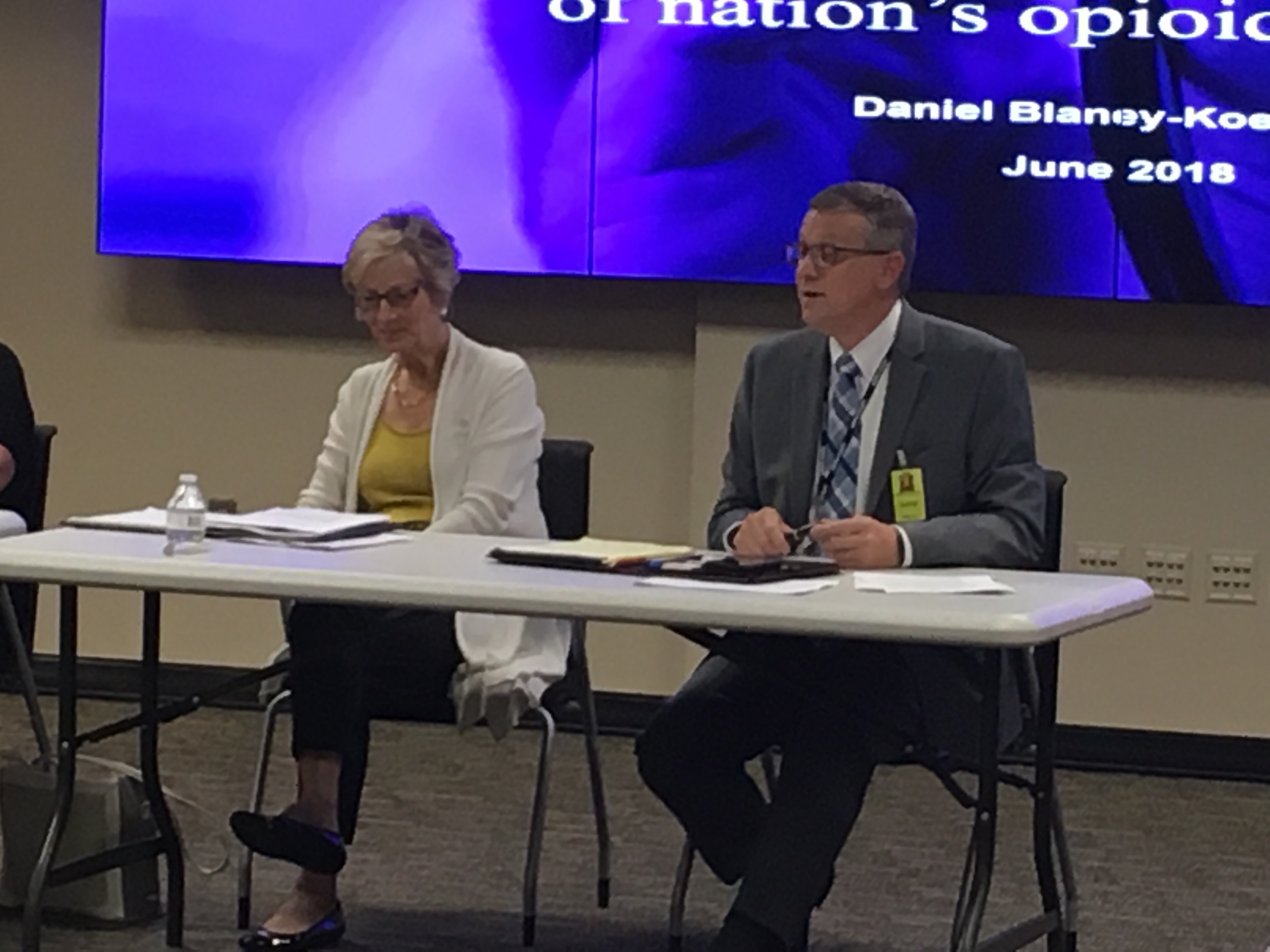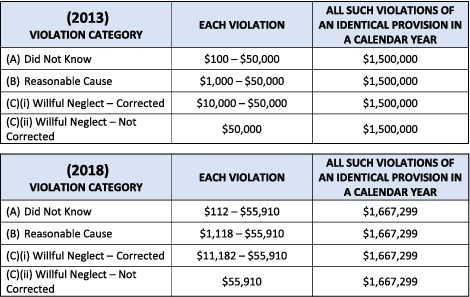Posted by admin on June 28, 2018
LEEDS – Benjamin Franklin said, “Either write something worth reading or do something worth writing.” For Leeds family physician Stephen Russell doing both comes naturally. As an associate professor of internal medicine and pediatrics at the University of Alabama at Birmingham, Dr. Russell is living his research for the characters he writes in his works of fiction, which are centered around Dr. Cooper “Mackie” McKay.
Dr. Russell has written and published three medical thrillers — Blood Money, Command and Control and most recently Control Group — with a fourth in the works. While he admits he has always written in some fashion, it wasn’t until he was in his residency in Cincinnati, OH, when he discovered he had a gift for the craft of storytelling. In fact, he credits the simple act of emailing with his father, who was a practicing cardiologist in Birmingham at the time, with stoking the fire of his love of weaving a good tale.
“I had been given an email address during residency and remember thinking, ‘Well, what am I going to do with that?!’” Dr. Russell laughed. “No one was really using email outside a school setting, but my father had an email address, so I used that as a way to communicate with him a good decade before cell phones were popular. Then I started to write these stories to him in my emails but completely different from an email you might think of today. I was taking all these stories that were really during an intense, emotional and academic time of my life when I was seeing new patients, learning how to treat them, and learning what being a physician was all about. I was retelling these stories of what my patients were going through, and what I was going through learning how to help them. In those emails, I was just beginning to learn how to put things together as a real story. Looking back on it now, those email stories had a character, a narrative arc, an event that happened, and the more I did them the more I realized there were patterns to my writing.”
Not only did Dr. Russell realize his love of the creative process through those early emails to his father, but he also learned just how much he enjoyed how cathartic the writing process itself could be.
Four years later, Dr. Russell began to wonder. “What if…?” Still practicing in Cincinnati, he had met hundreds of patients and had an arsenal of stories and medical scenarios. So, what next?
“I had this idea from things I had done during my residency. ‘What if?’” he wondered. “What if this particular thing happened and something bad happened as a result of it. I decided that instead of continuing to write short stories in the form of emails, I just dove in and decided it would be a fun to write a novel. I had never written a novel before. I had never taken a formal writing class before. I had taken literature classes in college, but nothing to prepare me for writing a novel.”
Dr. Russell is the first to admit writing his novels wasn’t exactly what he thought it would be. While he never expected to turn in his first draft and have it magically be published, he didn’t expect it would take 13 years from draft to publication.
“I had to figure out how to do it for myself by reading about writing great authors and trying to figure out how they wrote in order to do it well. I think if I knew now what I knew then…” he laughed. “What I didn’t expect was that I thought there was going to be this writing part of my life and this physician/professional part of my life. I expected them to be completely separate. But it was interesting to me that these two separate strands I thought were my two parallel lives were actually two parts of the same journey for me.”
As the two parts of his life began to converge, Dr. Russell said he wasn’t expecting the positive impact of being a published author would have on his patients. It turned out to be a pleasant surprise.
“I didn’t expect I’d be talking about writing while I was at work, or having conversations about books with my patients. Then the most amazing thing happened after my book was published. People read it! They would come in for their visits and would want to talk about the book and about writing, which was a great icebreaker. The thing I love most about writing is probably the thing I love the most about being a physician which is communication. My job as a primary care physician is to listen to my patients and interpret their stories and understand what they mean from a health standpoint. How does that story end? How can that story be changed? How can that story be interpreted for a better prognosis?
“That’s also the job of the writer…to create the story if it’s fiction or frame that story if it’s nonfiction and to package it in a way that clearly communicates whatever the writer is trying to tell. I didn’t think about it in those terms when I was writing my first novel, the second or the third, but as I started to be on the receiving end of other people reading my writing, critiquing it and giving comments, I realized that’s part of what I signed up for by entering into the arena as a writer, but it’s also what I signed up for by entering into the arena as a physician, which is just that ability to try and find a way to communicate what I’m doing clearly and try and help my patients communicate what they’re experiencing and feeling in a way that makes sense to them. That whole communication journey is what makes sense to me about why I enjoy writing but also why I enjoy being a primary care physician,” Dr. Russell said.
EDITOR’S NOTE: Dr. Russell has written three medical mysteries, which you can purchase on Amazon: Blood Money, Command and Control, and Control Group. He promises Dr. Cooper “Mackie” McKay will return in the future. In the meantime, he’s working on a young adult novel in which he’s getting plenty of input and primary research from his four children.


















